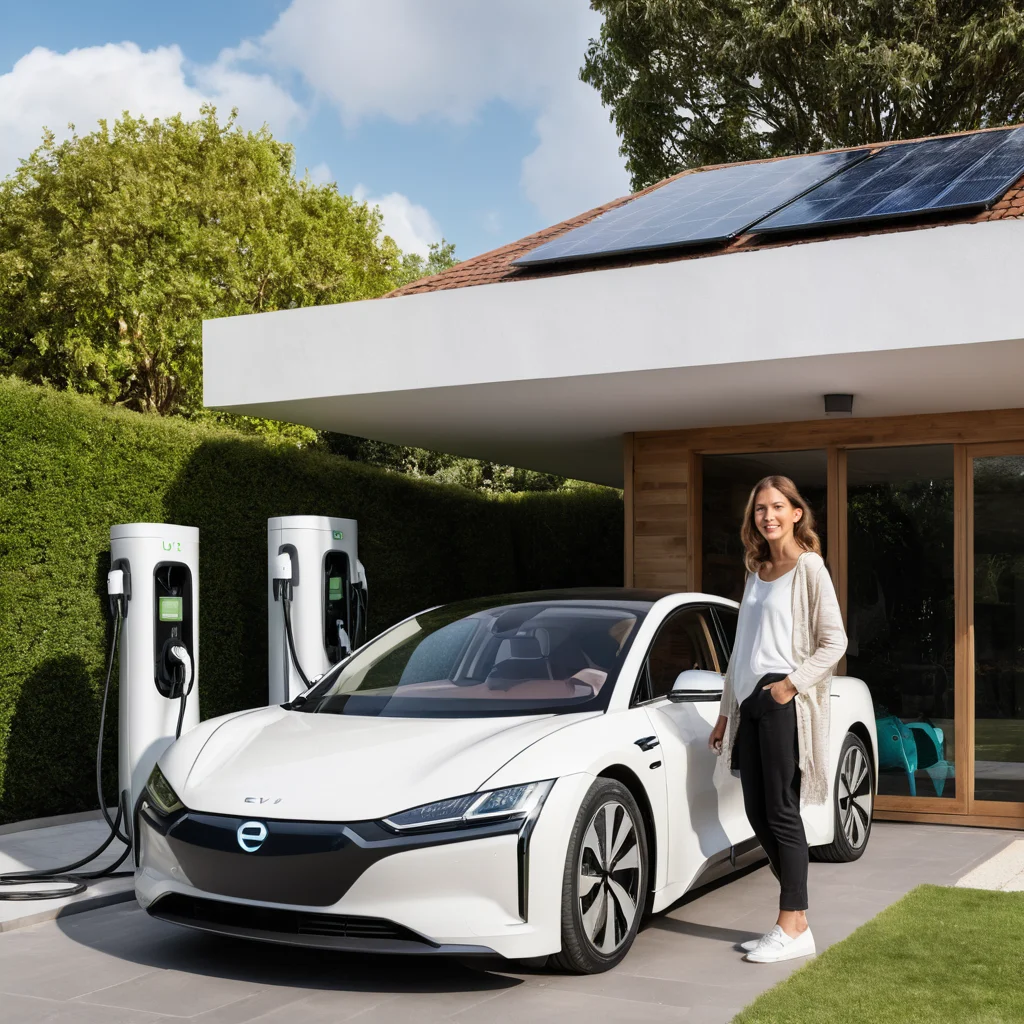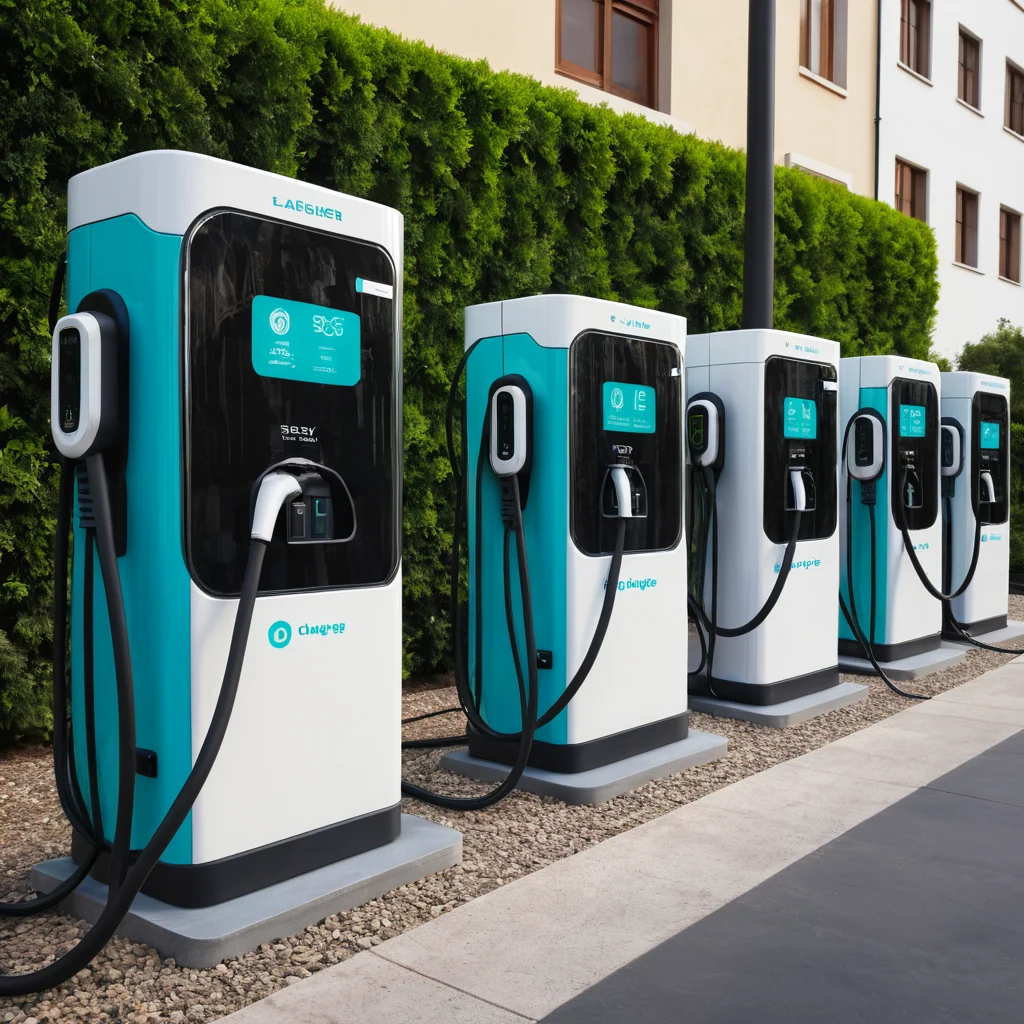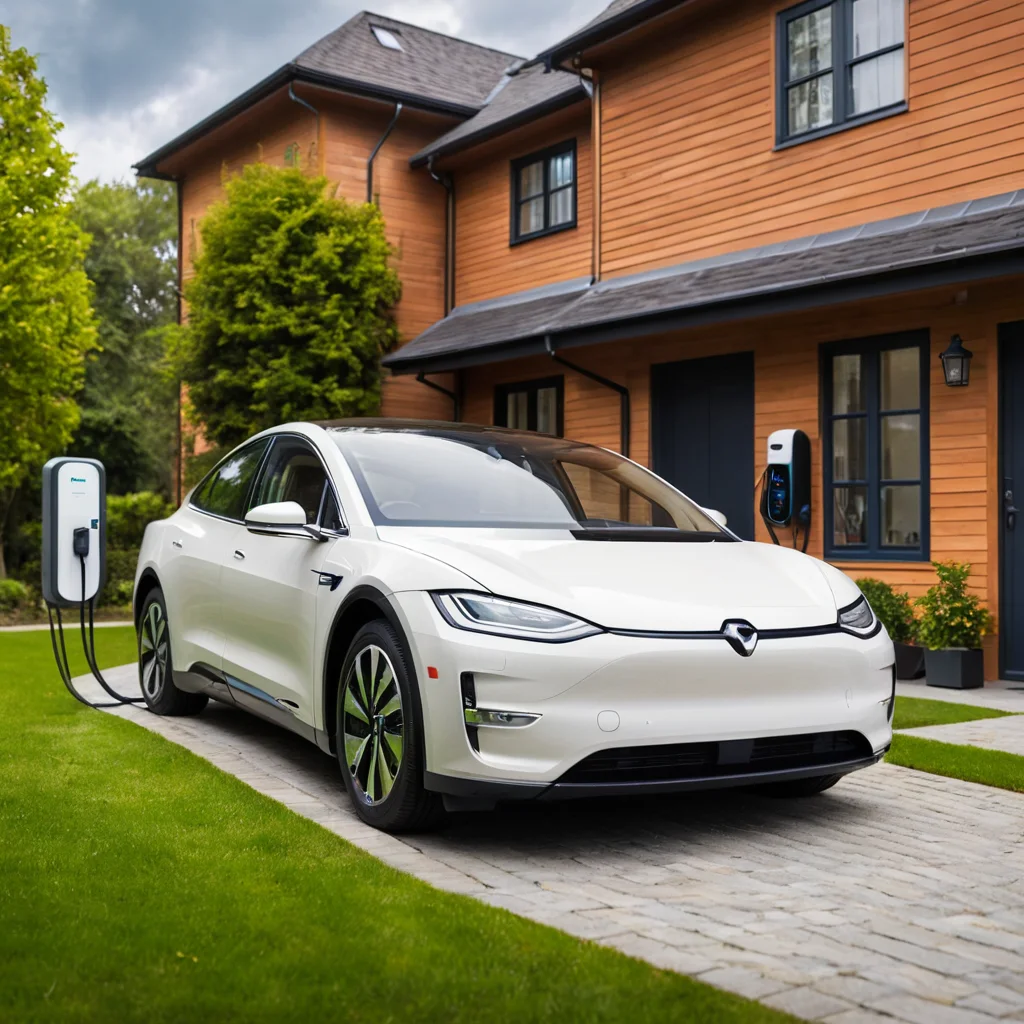With electric vehicles (EVs) gaining immense popularity worldwide, the need for reliable and efficient EV charger solution is more in demand than ever. One of the most convenient ways to charge your EV is through a home electric vehicle charger, enabling you to recharge your car while relaxing at home. But before making this essential investment, it’s important to consider the various factors that go into selecting the right EV charger for your home. This guide covers everything from types of EV chargers to electricity supply considerations, helping you make an informed decision.
What is an EV Charger?
An EV charger is a device used to charge the battery of an electric vehicle by transferring electrical energy from a power source to the vehicle. They come in various forms, from slower charging stations like the standard 3-pin plug to high-speed charging units that deliver faster results. Home EV chargers, usually delivering between 7kW to 22kW, offer faster and more convenient charging compared to regular plug outlets.
Benefits of Home EV Chargers
- Convenience: Charging at home means no more trips to public charging stations.
- Faster Charging: Home chargers charge up to three times faster than standard 3-pin plugs.
- Cost Savings: Take advantage of smart features that allow charging during off-peak hours to save on energy costs.
But with so many options available, how do you choose the right charger for your home? Below, we outline the key things you need to consider before making your decision.

1. Connector Type: Type 1 vs. Type 2
The first thing to consider when buying an EV charger is your vehicle’s connector type, as it will dictate which chargers are compatible with your car.
- Type 1 Connectors: Typically used in older models or vehicles from Asian and American markets.
- Type 2 Connectors: Standard in the UK and Europe, and compatible with most modern EVs.
If you’re unsure of your EV’s connector type, consult your vehicle’s manual or check the plug design: Type 2 connectors generally have a 7-pin design, while Type 1 connectors feature a 5-pin setup.
2. Tethered or Untethered Charger
EV chargers come in two types:
- Tethered: The charging cable is permanently attached to the charger, similar to a gas pump. These are convenient as you don’t need to retrieve your cable each time.
- Untethered: The cable can be detached and stored elsewhere, offering more flexibility, especially if you own multiple EVs or plan to charge vehicles with different connector types.
If you prefer a cleaner, minimalist setup, tethered chargers may be the more convenient option. However, if flexibility is your priority, an untethered charger offers adaptability.
3. Aesthetic and Placement Considerations
Chargers are no longer bulky, unattractive devices. You can now choose from sleek, compact designs that can blend seamlessly into your home’s exterior. When selecting your charger, consider the following:
- Size and Style: Do you prefer a charger that is sleek and compact or one that blends discreetly with your home?
- Location: Determine where you want the charger installed. Consider the distance from your fuse box and the cable length needed for installation.
4. Smart Features
Modern home EV chargers come equipped with smart features that make charging more efficient and cost-effective:
- Charge Scheduling: Set your charger to operate during off-peak hours to save on electricity costs.
- Solar Compatibility: Some chargers, like the VCHRGD Seven, can connect to solar panels, allowing you to charge your EV with renewable energy.
- Tariff Integration: Models like the Ohme Home Pro connect to your energy provider and automatically charge when electricity is cheapest.
These smart features not only provide convenience but also ensure that you’re getting the most value out of your home charging station.
5. Cost and Installation
While home EV chargers are an investment, they offer long-term savings and convenience. Prices generally range between £400 and £1500, depending on features and installation costs. Chargers with advanced smart features like tariff integration tend to be on the pricier side.
Chart: Average Cost of EV Charger by Features
| Charger Type | Cost Range (£) | Smart Features |
|---|---|---|
| Basic 7kW Charger | £400 – £700 | No |
| 7kW Charger (Smart) | £700 – £1000 | Tariff Integration, Solar |
| 11kW and 22kW Chargers | £1000 – £1500 | Faster charging, advanced |
6. Location and Wi-Fi Considerations
Your charger’s location is another key factor. Common options include:
- Driveway: Offers easy access and visibility.
- Garage: Protected from the elements but may require more cabling.
- Wall-Mounted Near Parking: A sleek, more hidden option.
Ensure that the location has a stable Wi-Fi connection or mobile signal for your smart charger features to work properly.
7. Electricity Supply: Single-phase vs. Three-phase
One of the most critical factors to consider is your electricity supply. Most UK homes have a single-phase supply, which supports a maximum charging rate of 7kW. If you’re looking for faster chargers like 11kW or 22kW models, a three-phase supply is necessary, which may involve contacting your Distribution Network Operator (DNO) for an upgrade.
What Size EV Charger Do You Need?

Depending on your electricity supply and vehicle’s onboard charger, you can opt for either a 7kW, 11kW, or 22kW EV charger. However, keep in mind that:
- 7kW chargers are the most common and sufficient for most homes with single-phase electricity.
- 11kW and 22kW chargers are only useful for homes with three-phase power and vehicles that support faster charging.
Chart: Charging Speed Comparison (kW)
| Charger Type | Max kW | Approximate Time to Full Charge (Tesla Model 3) |
|---|---|---|
| 3-pin Plug | 2.3kW | 24+ hours |
| 7kW Charger | 7kW | 7-9 hours |
| 22kW Charger | 22kW | 3-4 hours |
Final Thoughts
Installing an EV charger at home is a long-term investment that can make owning an electric vehicle more convenient and cost-effective. By understanding your vehicle’s connector type, the type of charger you prefer, and the smart features you need, you can select the best charger for your home. Be mindful of your electricity supply, installation location, and Wi-Fi connectivity to ensure smooth and hassle-free charging.
For those still on the fence, remember that EV chargers can be tailored to meet your needs—whether you prioritize cost, aesthetics, or functionality.
Ready to Install an EV Charger?
If you’re ready to install a home EV charger, ensure you consult a professional for installation and make the most of available smart features to optimize your charging experience.
